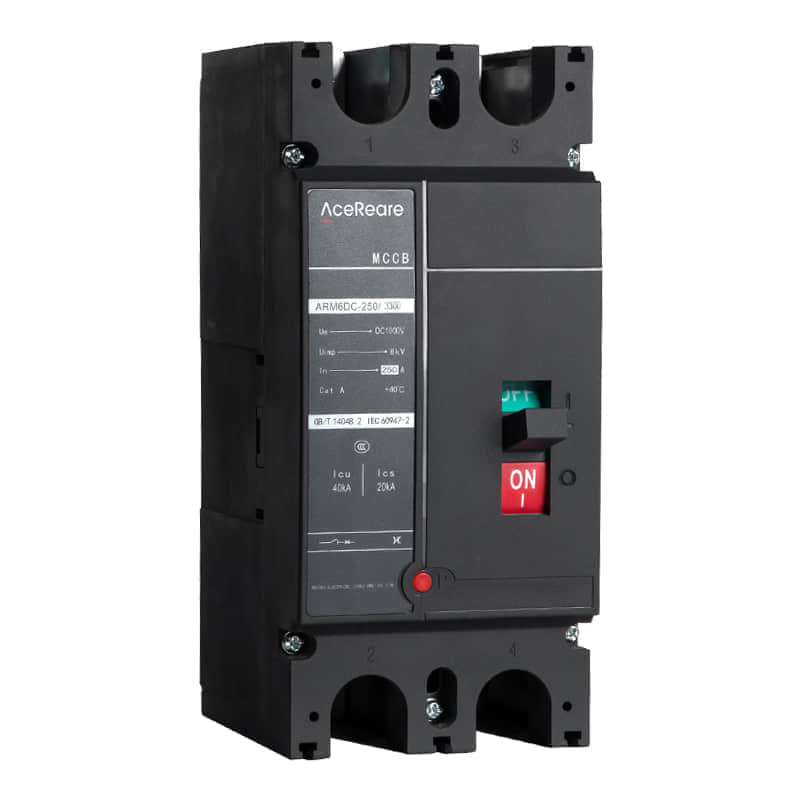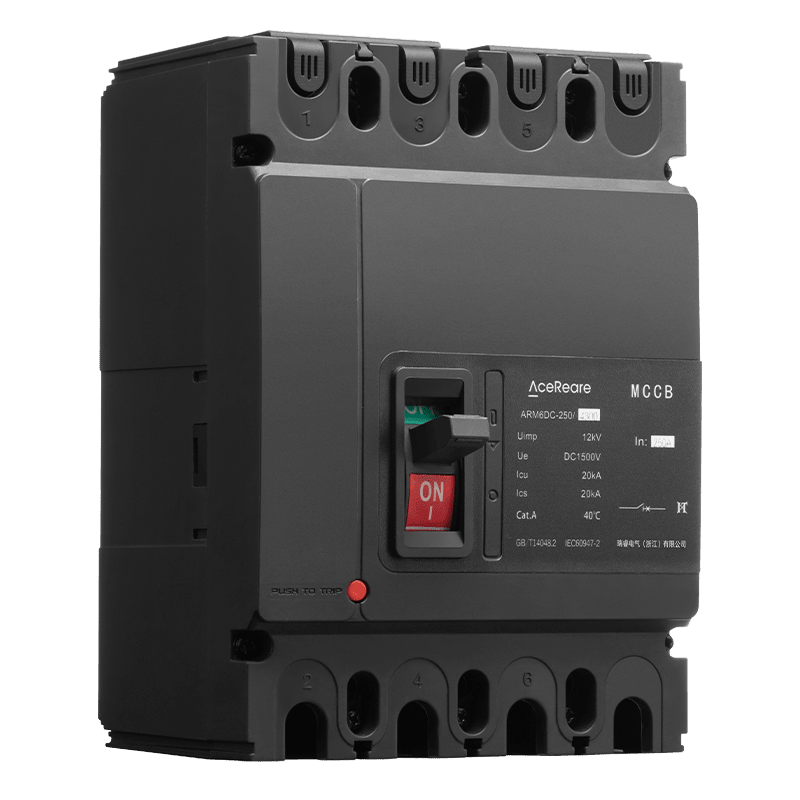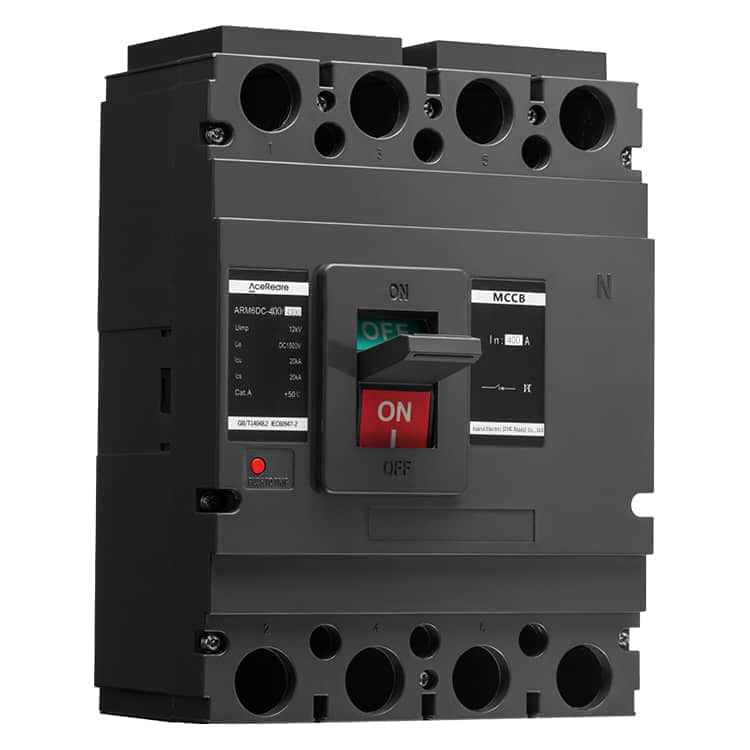Direct current (DC) molded case circuit breakers are essential components in electrical distribution systems, providing protection against overcurrent and short-circuit faults. In this article, we will delve into the world of DC molded case circuit breakers, exploring their functionality, applications, and key considerations.

Introduction to DC Molded Case Circuit Breakers

DC molded case circuit breakers, often abbreviated as MCCBs, are electromechanical devices designed to safeguard electrical circuits from excessive current flow. They achieve this by interrupting the circuit when current levels exceed a predetermined threshold. Unlike their AC counterparts, DC molded case circuit breakers are specifically engineered to handle the unique characteristics of direct current. How DC Molded Case Circuit Breakers Work At their core, DC MCCBs consist of three main components: a thermal overload trip unit, a magnetic trip unit, and an operating mechanism. These components work in tandem to provide reliable protection for DC circuits. Thermal Overload Trip Unit: The thermal trip unit relies on the principles of heat generation due to excessive current. When the current surpasses the rated threshold, it causes the bimetallic strip within the trip unit to bend, triggering the circuit breaker to trip and disconnect the circuit. Magnetic Trip Unit: The magnetic trip unit operates on the principle of electromagnetic induction. It is sensitive to sudden surges of current, such as those caused by short circuits. When it detects a rapid increase in current, it generates a magnetic field that forces the trip mechanism to open, thereby interrupting the circuit. Operating Mechanism: The operating mechanism is responsible for physically opening and closing the circuit breaker contacts. It can be manually operated or automatically controlled, depending on the specific application. Applications of DC Molded Case Circuit Breakers DC molded case circuit breakers find widespread use in various industries and applications, including: Renewable Energy: DC MCCBs are crucial components in photovoltaic (PV) systems, wind turbines, and battery storage systems, where they protect against overcurrent and short circuits. Industrial Facilities: They are employed in industrial settings to safeguard equipment such as motors, transformers, and control circuits. Transportation: DC MCCBs are used in electric vehicles (EVs), electric trains, and other forms of transportation to protect the electrical systems. Telecommunications: Telecommunication facilities rely on DC power, making DC MCCBs indispensable for ensuring continuous operation and safety. Key Considerations for Selecting DC Molded Case Circuit Breakers When choosing a DC MCCB for a specific application, several factors should be considered: Current Rating: Select an MCCB with a current rating that matches the expected load current. Voltage Rating: Ensure that the voltage rating of the MCCB aligns with the system voltage. Protection Coordination: Consider the coordination of MCCBs with other protective devices in the circuit to ensure optimal protection. Environmental Conditions: Assess the environmental factors, such as temperature and humidity, as they can impact the MCCB’s performance. Compliance and Standards: Verify that the MCCB complies with relevant industry standards and regulations. Conclusion DC molded case circuit breakers play a critical role in protecting electrical circuits and equipment in DC applications across various industries. Understanding their operation, applications, and selection criteria is essential for ensuring the safety and reliability of DC electrical systems. Whether in renewable energy installations, industrial facilities, or transportation systems, DC MCCBs are integral components that contribute to the smooth operation of our modern world.
